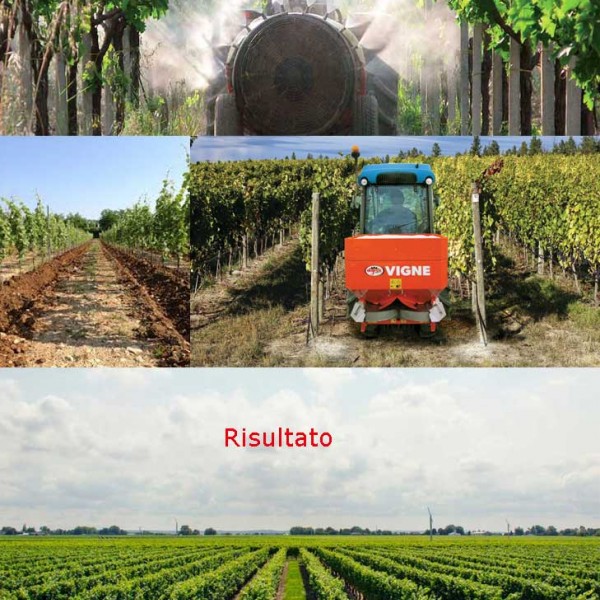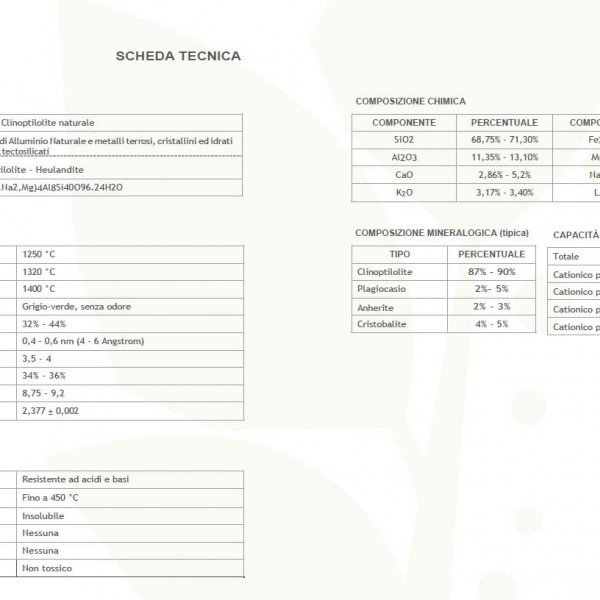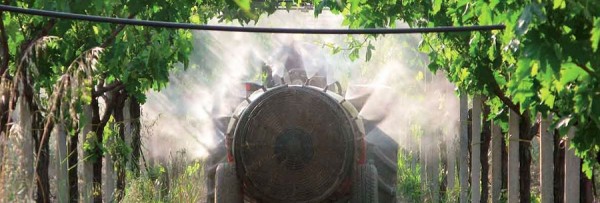Description:
Application in agriculture
With the development of intensive industry, the need to use environmentally compatible products that do not pollute and that also contribute to solving environmental problems is growing. Such ecological materials derive from natural raw materials. Zeolites can be widely used from an ecological point of view both in agriculture to purify the soil and to purify water. Thanks to their ability to exchange cations of alkaline and alkaline-earth metals with radioactive and heavy metals neutralizing them. With the addition to the soil, crops and fertility increase; with the addition to food, it increases animal health and growth. Zeolites can be used to deodorize animal farms, purify wastewater and remove heavy and radioactive metals. Other applications: desiccant, absorbent, purification and separation of mixtures, preparation of water for domestic and industrial use, a filler for paper, rubber and plastic, modification and structuring of rubber, dehydration, methylation, dehydration and the like.
Use of natural zeolites as soil improvers. The widespread use and application of synthetic pesticide and chemical fungicide fertilizers for soil fertilization and pest control leads to an increase in the content of harmful substances in the soil and in agricultural production. Therefore, natural zeolites, which combine the absorption of harmful substances and compounds and reduce their quantity, play a very important role. On the other hand, zeolites increase fertility and can be used in poor and sterile soils and polluted. The introduction of natural sorbents leads to an increase in aerial development and plant roots, reducing the vegetation period. Good results are obtained both in vegetable crops and in fruit trees.
BOOK NOW >>
The advantages of zeolites as improvers are the following:
- Increases air retention and humidity;
- It keeps the ammonium and potassium ions and gradually releases them as substances
nutrition;
- good resistance to acids;
- They are not toxic;
They have a very good action on cereals: wheat, oats, etc. In addition to nutrients (fertilizers) such as nitrogen, phosphorus and potassium and clinoptilolite there is an increase in soil fertility and consequently an increase in harvest. The positive effect of zeolites is maintained in all climatic conditions of the soil. Heavy metal extraction from soil Soil and plants are contaminated with heavy metals from the waste gases of industrial waste and chemicals used in agriculture. Contamination is a serious threat to human health, leads to the destruction of ecosystems and soil biocoenoses, leads to the reduction or loss of soil fertility and biodiversity. In this regard the question arises of neutralizing the negative effects of heavy metal pollution that are carcinogenic to living organisms. The solution to this problem is the creation and improvement of technology for the separation of pollutants, soil and water cleaning with additives that facilitate the transition of heavy metals into a form NOT available to plants. Here an important role can have zeolites - clinoptilolites as a sorbent-fixer of lead and other heavy metals - especially clinoptilolite modified with sodium ions. The amount of zeolite used depends on the content of the pollutant element in the soil. It is used in granules or powder.
Effects of pesticides and herbicides on the ground
In the soil, the direct or indirect object of the treatment, the most consistent part of the applied pesticide and herbicide flows. Here pesticides and herbicides follow different paths depending on the various interactions that are established between pesticide, soil, plants and climatic factors.
There are several factors that influence this parameter, including the chemical and physical properties of the substance, the amount of microorganisms present in the soil, the degree of humidity and the temperature of the soil.
The determination of the residual charge of pesticides in the soil or their metabolizing products can be carried out with chemical and / or biological analyzes; with the first it is possible to carry out a quantitative evaluation of the product while the biological tests, in addition to the quantitative aspect, provide elements inherent to the effects of pesticides on the environment, such as the presence or quantity of a substance in a substrate based on the response of living organisms sensitive to the pesticide to be analyzed.
Toxicity
The negative effects of the persistence of pesticides herbicides and pesticides in soils can be expressed in terms of "toxicity". During and after the application of the various products they can come into contact with organisms other than those ‘target’ for example the soil,





